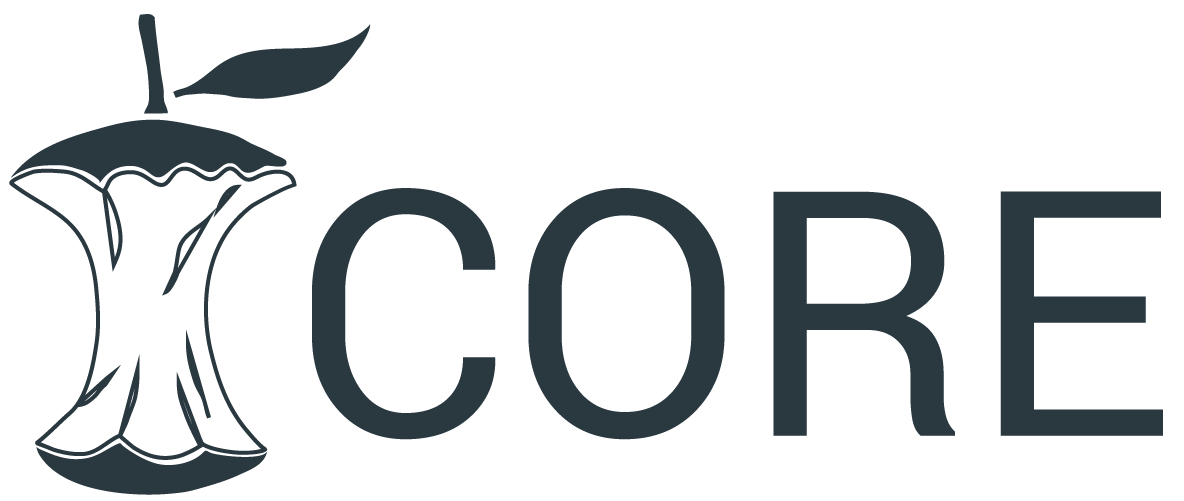Submissions
Submission Preparation Checklist
All submissions must meet the following requirements.
- This submission meets the requirements outlined in the Author Guidelines.
- This submission has not been previously published, nor is it before another press for consideration.
- All references have been checked for accuracy and completeness.
- All tables and figures have been numbered and labeled.
- Permission has been obtained to publish all photos, datasets and other material provided with this submission.
Copyright Notice
Copyright and usage license
The copyright holder of the work grants usage rights to readers under the Creative Commons Attribution-NonCommercial-ShareAlike 4.0 International license, CC BY-NC-SA 4.0. . This allows free and immediate access to the work, enabling any user to read, download, copy, distribute, print, search, or link to the full texts of the work, as well as to index them, transfer them to software as data, or use them for any other legal purpose.
Once the work is approved and accepted for publication, the authors partially retain copyright while granting Unión Científica Publishing House the rights to reproduce and distribute the work in printed format, as well as in any other magnetic, optical, or digital medium.
Privacy Statement
We ensure that any personal information provided, such as names and email addresses, will be used solely for the stated purposes, such as distributing updates, newsletters, or communications related to our publications.
We are committed to not sharing, selling, or transferring this information to third parties under any circumstances. If you wish to update your data or unsubscribe from our communications, you can do so at any time by contacting us directly.
Your privacy is our priority, and we work to protect it with the highest standards of security and confidentiality.









